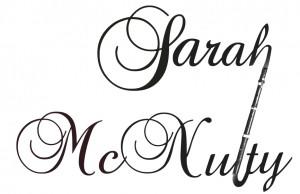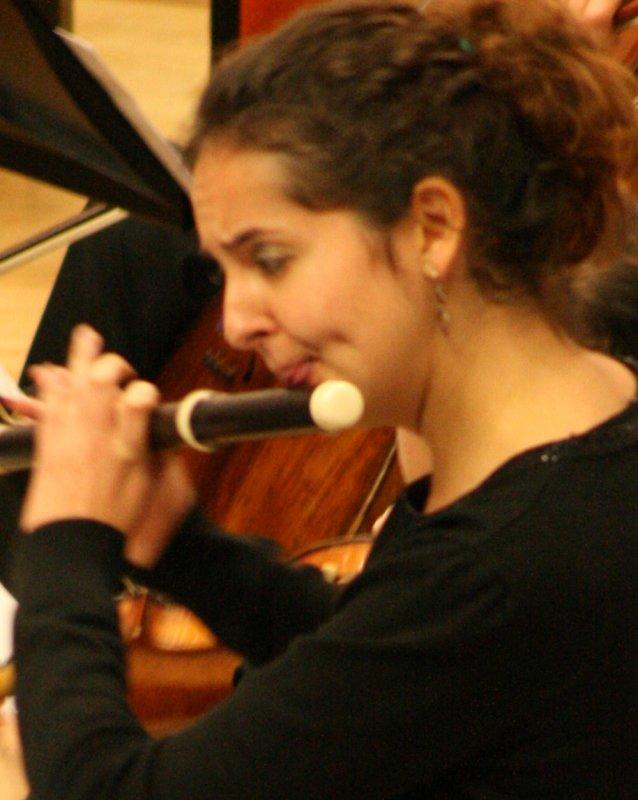


Thank you for visiting my website. Sarah has many years of experience as a modern and baroque flute soloist, chamber, and orchestral musician. Teaching music performance at full ability range, communicating enthusiasm for flute playing, and encouraging pupils to pursue music either as a hobby or to university/college level outline a number of Sarah’s passionate aims.
Having studied music performance at both undergraduate and postgraduate level and specialising in eighteenth-century performance practice, Sarah aspires to be a thinking performer: ‘Play from the soul, not like a trained bird!’ (C.P.E. Bach). Sarah’s PhD thesis and recital recording looks at how rhetorical and religious traditions in the eighteenth century influenced compositional practice and the performer’s delivery.
‘The use of rhetorical elements, structures, and figures in Baroque music is readily acknowledged in vocal and texted music. In abstract music, however, rhetoric is a more subjective matter. This thesis provides a rhetorical and religious narrative reading of C.P.E. Bach’s flute and continuo sonatas (Wq. 125-9, 134) (1738-40). It will explore the integration of the art of rhetoric and Lutheranism into C.P.E. Bach’s education, musical training, and working environment. The idea that rhetorical devices found in the flute sonatas are employed in the service of a religious narrative based on the Lutheran doctrine of Law and Gospel is suggested. Rhetorical principles appear not only to help shape the expression and form of the music but also to contribute to the music possessing extra-musical meaning that invites understanding. As evidence for this interpretation, I offer a way of thinking present in texted music and semi-abstract music from Germany in the seventeenth and eighteenth centuries. A rhetorical-musical vocabulary was established as a standard practice throughout the eighteenth century, which sought to convey religious understanding in music. Similar figures of rhetoric applied to convey a religious meaning can be identified in abstract music. Having demonstrated how rhetorical elements influence compositional practice, the same principles can be shown to inform the performer’s delivery of the music with regard to ornamentation, rhythmic alteration, articulation, phrasing, tempo, dynamic, and gesture. These performance outcomes can be clearly understood from the accompanying recording of the six flute and continuo sonatas and are theoretically supported in the thesis. It is hoped that performers of eighteenth-century music will be inspired to make their own rhetorical criticism, enabling them to present a composer’s ideas with understanding, clarity, and persuasion. Moreover, the performer and listener are invited to view the frequent display of conflict in German instrumental music of the Baroque period from a new perspective.’